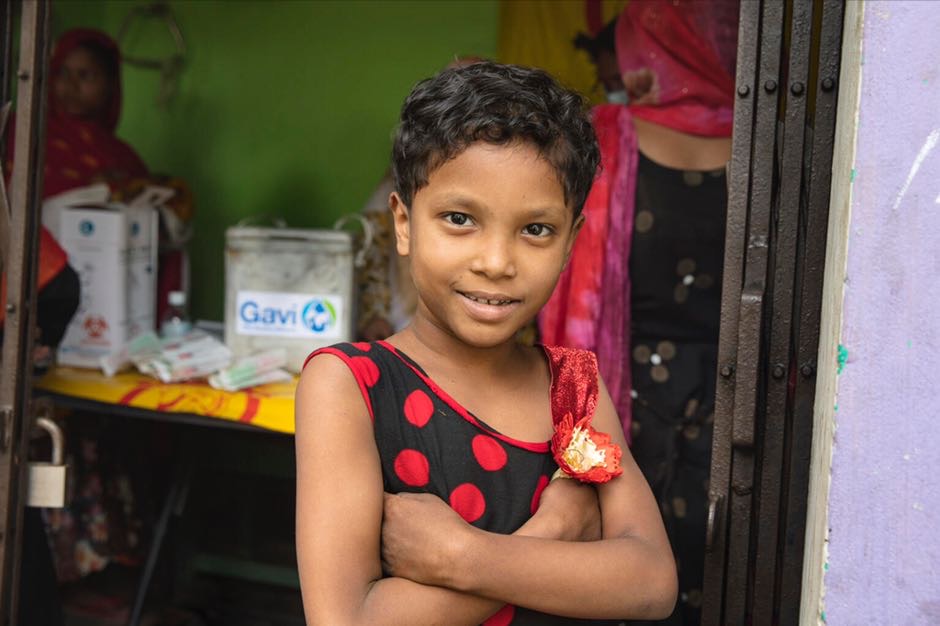
Convention No.138 requires States to take measures that ensure ‘progressive elimination of child labour’ and set a ‘minimum age under which no one can be admitted to employment or work in any occupation’ (except for light work and artistic performances).
Under this Convention, Bangladesh has specified that no child under the age of 14 can now be employed. This will be implemented through increased, targetted national measures, including a National Plan of Action on Child Labour to eliminate all forms of the practice by 2025.
A critical step to keep children safe
Combating child labour is an important area of action for Bangladesh, where children make up around 40 percent of the population. It is estimated that 1.7 million Bangladeshi children are involved in some form of the practice.
Child labour violates children’s rights and jeopardises thier physical and mental health, sometimes permanently. It is both a form and enabler of violence against children, placing them at heightened risk of abuse and exploitation. This is especially true for “hazardous” labour, which includes work in dangerous, unhealthy conditions that could potentially result in a child being killed, injured or ill due to poor safety and health standards. Child labour also means a compromise in (or even a complete stop of) education for children, which further puts them at risks of violence and hinders development.
Bangladesh’s efforts to combat the practice come at a critical time for children. Amidst of the prolonged impacts of COVID-19 pandemic, the reported number of children involved in child labour has risen to 160 million – the first increase in two decades. Poverty, displacement and lack of access to education, which were all heightened during the pandemic are among the major drivers that force children into child labour.
Efforts to address these issues must be in place if we are to make much needed progress to eliminate child labour. While announcing its ratification, the Government of Bangladesh has also stressed its continuing efforts to ensure inclusive and equitable quality education for all by 2030, to provide children with access to vocational training and learning, and to make sure they engage in safe, secure and appropriate work later in life.
